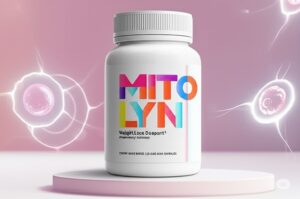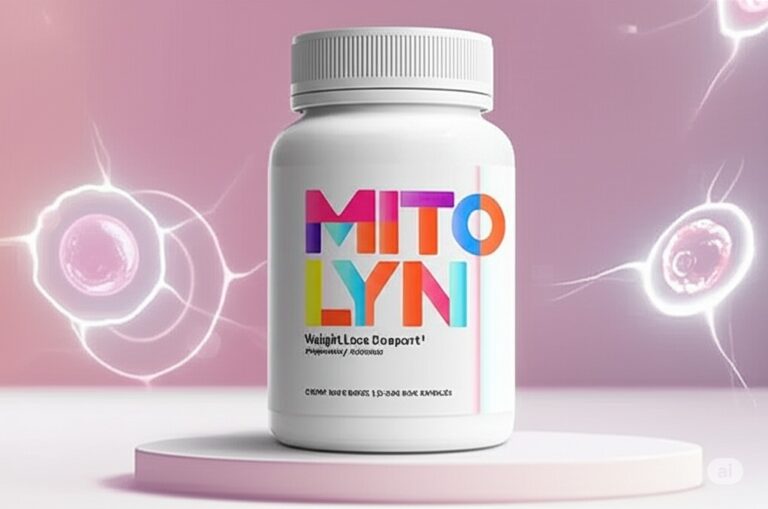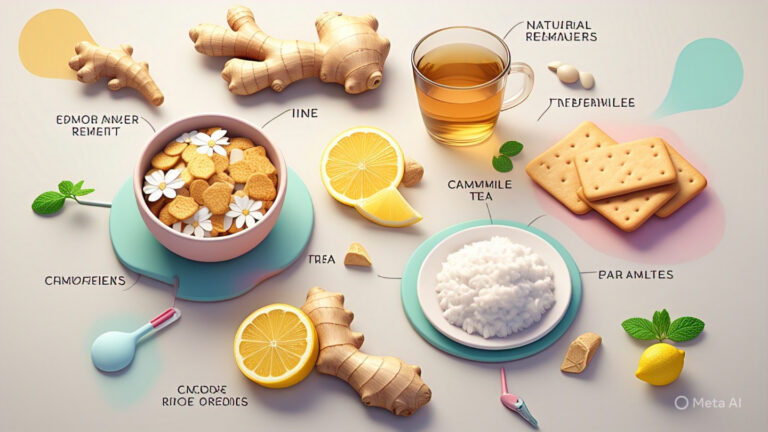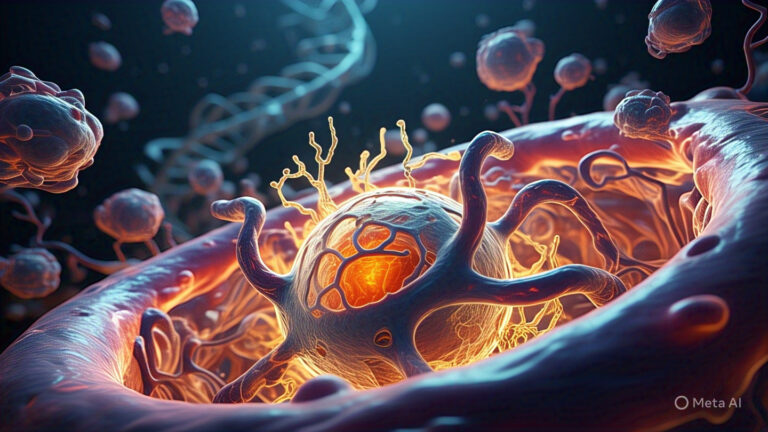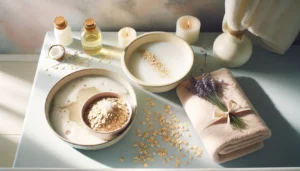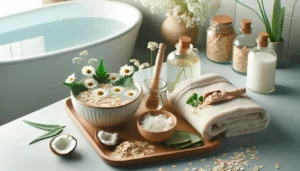Home Remedies for Sinus: Your Ultimate Guide to Natural Relief
Estimated reading time: 10 minutes
Key Takeaways
- Sinus relief at home is possible with simple, natural remedies like saline irrigation and steam inhalation.
- Hydration and humidity play a critical role in thinning mucus and easing congestion.
- Pairing remedies with environmental tweaks can prevent flare-ups and support recovery.
- Know when to seek medical help—persistent or severe symptoms need professional attention.
Table of Contents
- Introduction to Sinus Issues and Home Remedies
- Understanding Sinus Problems: Causes and Symptoms
- Why Choose Home Remedies for Sinus Relief?
- Top 10 Home Remedies for Sinus Relief
- Additional Tips for Managing Sinus Symptoms Naturally
- Safety Considerations and When to See a Doctor
- Frequently Asked Questions (FAQs)
1. Introduction to Sinus Issues and Home Remedies
Sinus issues can turn your day upside down with congestion, headaches, and facial pressure. If you’ve ever struggled to breathe through a stuffy nose or felt that dull ache around your eyes, you’re not alone. Over 30 million Americans deal with sinus problems each year, according to the CDC, and many seek natural ways to ease the discomfort.
Sinusitis, simply put, is inflammation of the sinus cavities, often triggered by colds or allergies. These hollow spaces around your nose can become blocked, causing pain and frustration. But here’s reassuring news: home remedies offer a gentle, affordable path to relief, using items you likely already have.
At WikiHomeRemedies, we’ve crafted this guide with care, drawing from trusted sources like the Mayo Clinic and real-life experiences. Our goal is to empower you with safe solutions. Before we dive into specific remedies, let’s first explore what sinus problems are and why they happen. For related natural relief strategies, check out our guides on similar respiratory issues at Home Remedies for a Cold.
2. Understanding Sinus Problems: Causes and Symptoms
2.1 Common Causes of Sinus Issues
Sinus troubles often start with everyday culprits. Allergies, like pollen or dust, can irritate your nasal passages, leading to swelling. Viral infections, such as the common cold, are frequent triggers too, clogging sinuses with mucus.
Bacterial infections sometimes follow, worsening the blockage. Environmental factors, think air pollution or smoke, play a role as well. Even a structural issue, like a deviated septum, can obstruct sinus drainage, inviting inflammation, as noted by the National Institute of Allergy and Infectious Diseases.
2.2 Recognizing Sinus Symptoms
How do you know if it’s a sinus issue? Nasal congestion is usually the first clue, making breathing a chore. You might feel pressure or pain across your cheeks, forehead, or around your eyes.
Headaches often tag along, paired with a reduced sense of smell. Fatigue creeps in too, as your body fights the inflammation. If these sound familiar, you’re likely dealing with sinusitis. For more on managing nasal congestion, see our detailed post at Home Remedies for Nasal Congestion.
2.3 When Sinus Issues Might Need Medical Attention
Most sinus problems ease with time, but some signs demand attention. A high fever or symptoms dragging past 10 days could signal something more serious. Severe facial pain that worsens also warrants a closer look.
Don’t hesitate to reach out to a healthcare provider if you notice these red flags. It’s always wise to prioritize safety over guesswork when your health feels off.
3. Why Choose Home Remedies for Sinus Relief?
3.1 Benefits of Natural Solutions
Turning to nature for sinus relief brings a host of upsides. Home remedies often cost little, using pantry staples or simple tools. They carry fewer risks compared to over-the-counter drugs, offering peace of mind.
Beyond that, these solutions empower you to manage symptoms from your own space. Whether it’s steaming with hot water or sipping herbal tea, you’re in control. Studies, like those from the Mayo Clinic, even back methods such as saline irrigation for clearing nasal passages.
3.2 Complementary Role Alongside Medical Treatments
Home remedies don’t replace medical care but work alongside it beautifully. If you’re on antibiotics for a bacterial infection, a warm compress can still soothe facial pain. Hydration, meanwhile, supports your body’s healing as prescribed treatments tackle the root cause.
This combined approach nurtures overall sinus health. It’s about blending the best of both worlds—nature’s touch with science’s precision. Let’s now explore specific remedies that can bring you relief.
4. Top 10 Home Remedies for Sinus Relief: A Detailed Guide
4.1 Saline Nasal Irrigation (Neti Pot or Spray)
Saline irrigation flushes out mucus and allergens from your nasal passages. Backed by WebMD, this method reduces congestion effectively. It’s a simple way to clear blockages.
To try it, mix a teaspoon of non-iodized salt with two cups of warm, distilled water. Use a neti pot or nasal spray bottle to gently rinse each nostril over a sink. Tilt your head to let the solution flow through.
This remedy eases stuffiness and pressure. Just ensure you use sterile or distilled water to avoid infection. Avoid overdoing it—once or twice daily is plenty. For more tips on clearing nasal blockages, visit Home Remedies for Blocked Nose.
4.2 Steam Inhalation (With or Without Essential Oils)
Breathing in steam moistens dry nasal passages and loosens mucus. Research from the NIH suggests it helps with congestion. It’s a comforting, straightforward fix.
Boil water, pour it into a bowl, and drape a towel over your head to trap steam. Inhale deeply for 5-10 minutes, keeping your face a safe distance from the hot water. Adding a drop of eucalyptus oil can boost the effect.
This soothes irritation and opens airways. Be cautious with hot water to prevent burns. Use this method a few times daily for steady relief.
4.3 Warm Compress for Sinus Pressure
A warm compress eases facial pain from sinus pressure. The heat boosts blood flow, calming inflammation. It’s a quick way to find comfort.
Soak a clean cloth in warm water, wring it out, and place it over your cheeks or forehead. Leave it on for 5-10 minutes, repeating as needed. Ensure the temperature isn’t too hot for your skin.
This targets pain directly, offering a break from discomfort. It’s safe for most, but stop if it feels uncomfortable. Pair it with rest for better results.
4.4 Hydration for Mucus Thinning
Staying hydrated thins mucus, making it easier to expel. The Mayo Clinic emphasizes fluids for sinus health. Water is your simplest tool here.
Drink at least 8-10 glasses (about 2-2.5 liters) of water daily. Warm broths or clear soups count too, adding warmth to your system. Avoid sugary drinks that can dehydrate you.
This prevents mucus buildup, easing stuffiness. There’s no downside to sipping more water. Keep a bottle nearby to remind yourself throughout the day.
4.5 Humidifiers for Dry Air Relief
Dry air worsens sinus irritation, but humidifiers restore moisture. Studies from the NIH show humidity around 40-60% helps nasal passages. It’s a passive yet powerful aid.
Place a humidifier in your bedroom or living space, filling it with distilled water. Run it during sleep or while relaxing at home. Clean it regularly to prevent mold growth.
This remedy fights dryness and congestion. A reliable option like a trusted humidifier can maintain ideal humidity levels. Ensure vents aren’t blocked for safe operation.
4.6 Essential Oils (Eucalyptus, Peppermint) for Congestion
Essential oils like eucalyptus and peppermint clear nasal blockages with their cooling effect. The NIH notes their role in easing breathing. They’re a natural decongestant.
Add 2-3 drops to a bowl of hot water for steam inhalation, or use a diffuser. You can also dilute with a carrier oil and apply to your chest. Inhale deeply for relief.
This tackles stuffiness head-on. A popular choice like a quality eucalyptus oil works well in diffusers. Avoid direct skin contact without dilution to prevent irritation.
4.7 Spicy Foods and Anti-Inflammatory Diet
Spicy foods trigger mucus flow, clearing sinuses naturally. Capsaicin in peppers breaks up congestion, per WebMD. It’s a tasty way to breathe easier.
Add chili, cayenne, or hot sauce to meals, starting small if you’re sensitive. Pair this with anti-inflammatory foods like turmeric or leafy greens. Limit dairy if it thickens mucus for you.
This opens nasal passages through diet. Don’t overdo spices if they upset your stomach. Combine with hydration for a balanced approach.
4.8 Herbal Teas (Ginger, Chamomile) for Comfort
Herbal teas like ginger or chamomile hydrate while soothing inflammation. Ginger’s warmth combats mucus, as supported by the Mayo Clinic. It’s a cozy remedy.
Steep fresh ginger slices or a chamomile tea bag in hot water for 5-10 minutes. Sip slowly, letting the warmth relax you. Add honey if you like a touch of sweetness.
This eases throat irritation alongside sinus woes. It’s safe for most, though check for herb allergies. Drink 2-3 cups daily for ongoing comfort.
4.9 Acupressure and Sinus Massage Techniques
Acupressure targets pressure points to relieve sinus pain. Research from health experts suggests it boosts drainage. It’s a hands-on way to feel better.
Press gently on points beside your nostrils or between your eyebrows for 1-2 minutes. Use circular motions on your cheeks to stimulate sinuses. Breathe deeply while massaging.
This reduces facial tension and blockage. Stop if it hurts—gentleness is key. Repeat a few times daily to maintain relief.
4.10 Rest and Sleep Positioning for Sinus Drainage
Rest allows your body to fight inflammation, while positioning aids drainage. Experts at WebMD stress sleep for recovery. It’s a foundational step.
Elevate your head with an extra pillow during sleep to encourage mucus flow. Avoid lying flat, as it traps fluids in sinuses. Take short naps if daytime fatigue hits.
This supports natural healing and clears passages. Ensure pillows are comfortable to avoid neck strain. Pair with hydration for a stronger effect.
5. Additional Tips for Managing Sinus Symptoms Naturally
5.1 Environmental Adjustments to Prevent Triggers
Your surroundings impact sinus health more than you might think. Reducing allergens can stop issues before they start. Simple changes make a big difference.
- Keep windows closed during high pollen days and use an air purifier indoors.
- Dust and vacuum regularly to cut down on irritants.
- Maintain humidity between 40-60% with tools like humidifiers, as suggested by WHO guidelines.
5.2 Dietary Considerations for Sinus Health
What you eat can either help or hinder sinus recovery. Certain foods thicken mucus, while others fight inflammation. Small shifts in habits bring relief.
- Skip dairy if it feels heavy on your system, and embrace anti-inflammatory options like turmeric or berries.
- Warm broths keep you hydrated too.
- WebMD notes that processed sugars might worsen swelling, so lean toward whole foods.
5.3 Stress Reduction Techniques for Symptom Management
Stress tightens your body, sometimes worsening sinus discomfort. Easing your mind can lighten the load on your system. It’s a subtle but real connection.
- Try deep breathing for a few minutes daily, focusing on slow inhales.
- Mindfulness or a quiet walk can calm you too.
- Reducing tension, as health sources suggest, often softens symptom intensity.
5.4 Combining Remedies for Maximum Effect
Using remedies together can amplify their benefits. Pairing hydration with steam inhalation, for instance, tackles dryness and congestion at once. It’s about synergy.
- Start your day with warm tea, then use a saline rinse midday.
- Wind down with a humidifier at night.
- Experiment gently to find what combinations suit your rhythm for steady relief.
6. Safety Considerations and When to See a Doctor
6.1 Precautions for Using Home Remedies
Natural remedies are gentle, but care is still needed. Using non-sterile water for nasal rinses can invite infection. Overusing essential oils might irritate skin or airways.
- Always opt for distilled water in neti pots or humidifiers.
- Dilute oils before any contact with skin.
- If a remedy feels off, pause and reassess to stay safe.
6.2 Signs You Need Medical Intervention
Not every sinus issue resolves at home, and that’s okay. Symptoms lasting over 10 days or spiking with high fever need a closer look. Severe pain or swelling around the eyes is another warning.
The Mayo Clinic urges attention for these persistent or intense signs. Trust your instincts if something feels beyond a simple fix. Medical insight can clarify the next steps.
6.3 Importance of Consulting Healthcare Providers
Self-care pairs best with professional guidance for lasting health. Chronic sinus issues or worsening symptoms deserve expert input. A doctor can pinpoint underlying causes home remedies can’t address.
Don’t shy away from asking for help, especially with recurring troubles. The CDC notes some sinusitis cases need antibiotics or imaging. Your safety remains the top priority.
7. Frequently Asked Questions (FAQs) About Sinus Home Remedies
7.1 How Long Do Home Remedies Take to Work for Sinus Relief?
Relief timelines vary based on the remedy and your condition. Steam inhalation or saline rinses often help within hours, easing congestion. Full comfort might take a few days of consistent use, per WebMD.
7.2 Can Children Use These Sinus Remedies Safely?
Some remedies suit kids, but caution is key. Saline sprays or humidifiers are generally safe with supervision. Avoid essential oils or spicy foods for young ones without a doctor’s nod, as Mayo Clinic advises.
7.3 Are There Home Remedies for Chronic Sinusitis?
Chronic cases can benefit from remedies like saline irrigation or humidifiers for symptom management. They don’t cure underlying issues but support daily comfort. Pair these with medical advice for a full plan.
7.4 What’s the Best Home Remedy for Sinus Headaches?
Warm compresses often shine for headaches, targeting facial pressure directly. Pair with rest and hydration for added ease. Many find this combo, backed by user experiences, cuts through the ache. For additional headache relief strategies, explore more at Home Remedies for a Headache.
7.5 Can Home Remedies Prevent Sinus Infections?
Remedies like hydration and environmental tweaks reduce infection risks by clearing irritants. They’re not foolproof but strengthen your defenses. Regular nasal care, as NIH suggests, keeps sinuses healthier overall. To learn more about preventing related respiratory issues, check out Home Remedies for Stuffy Nose.

